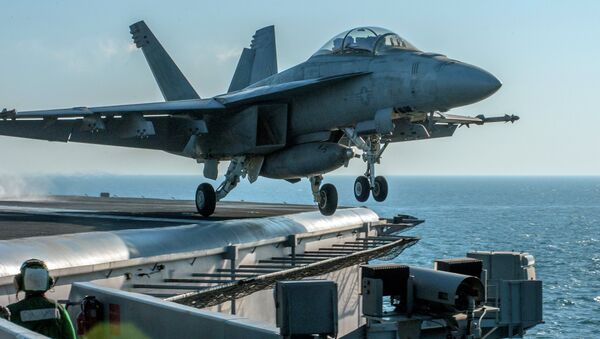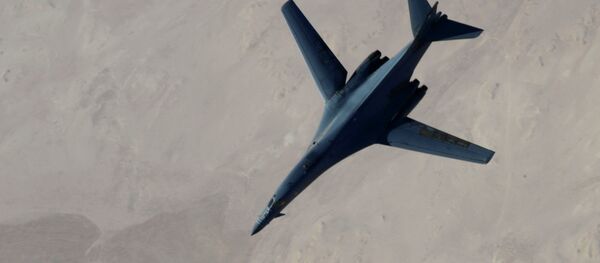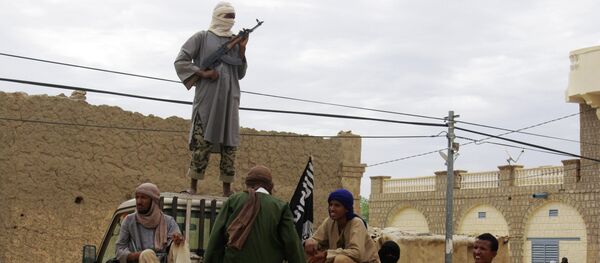"There has been no reliable local ground forces to 'fix' the ISIL [Islamic State] enemy or accurately identify enemy targets in the complex urban environment, so that US air power can be more effective in hitting adversarial targets," said Ivan Eland, head of the Independent Institute for Peace and Liberty think tank in Washington, DC.
Eland said the growing crisis has left US policymakers with various options they could follow in the future.
Second, the US government could announce that the threat the Islamic State poses to the United State had diminished, and then leave Iraq.
Third, Eland argued Washington could also seek to train Sunni Muslim tribal militias to fight the Islamic State, but he cautioned that such a policy would take a long time, and even then, the new forces still might not be effective.
"Despite its brutality, ISIL [Islamic State] has always been a threat to that portion of the Middle East, but not really to the United States. If the US withdraws all forces from the fight, even indigenous lone wolf terrorism in sympathy with ISIL [Islamic State] will attenuate," he said.
The real long-term solution for Iraq is to split it into three areas with autonomous governments, Eland argued.
"Letting Sunnis rule themselves would make them lose fear of a much weakened Iraqi government, and thus give them an incentive to throw out the brutal ISIL [Islamic State]."
J.J. Steinberg of the weekly magazine Executive Intelligence Review said the US government could only fight the Islamic State effectively if it started to work closely with the Syrian government of President Bashir Assad.
"To be successful in Syria, the US must work in coordination with the Assad government and the Syrian military, which is the only viable military force combatting the Islamists."
However, in 2011, US President Barack Obama called for the replacement of Assad with a different leader. “The White House is very hesitant to admit that such remarks were made in error," Steinberg said.
"The US has not been able to effectively run the war on ISIL [Islamic State] because the White House still clings to the idea that Assad's removal is a priority, and the administration is afraid to make an open break with Saudi Arabia and Turkey, who have been overtly backing the worst of the Sunni jihadists."
The talks could lead to “a larger rapprochement between Washington and Moscow, in which the destruction of Islamic State was established as a significant common priority," Steinberg said.
He concluded, however, that such a US policy shift is unlikely while President Obama remains in office.




